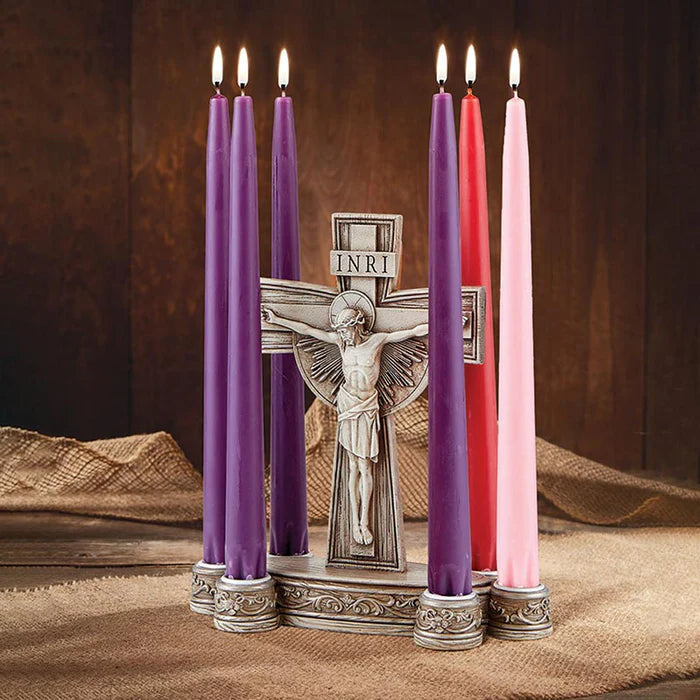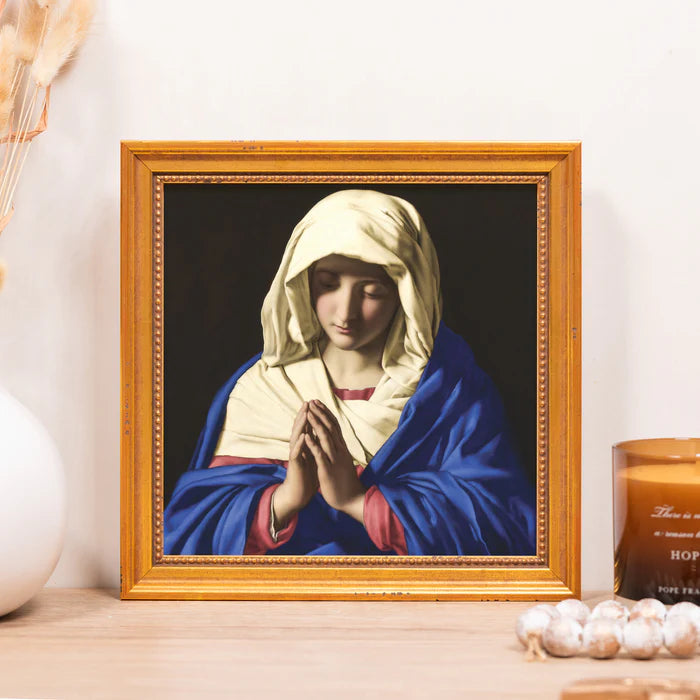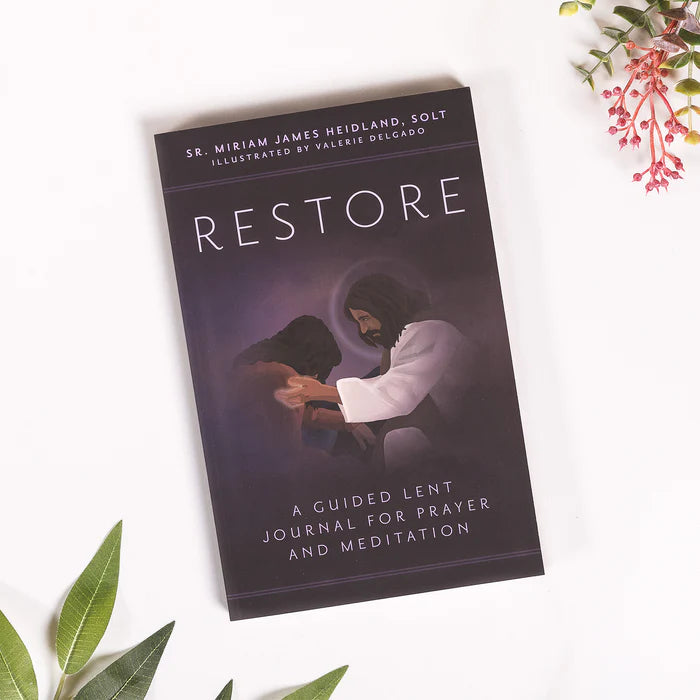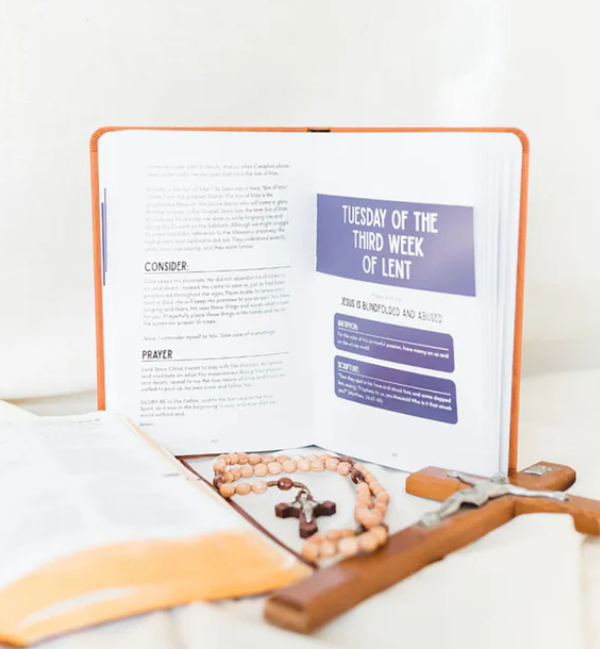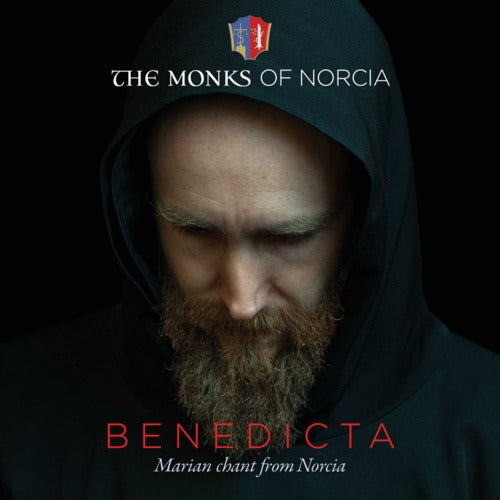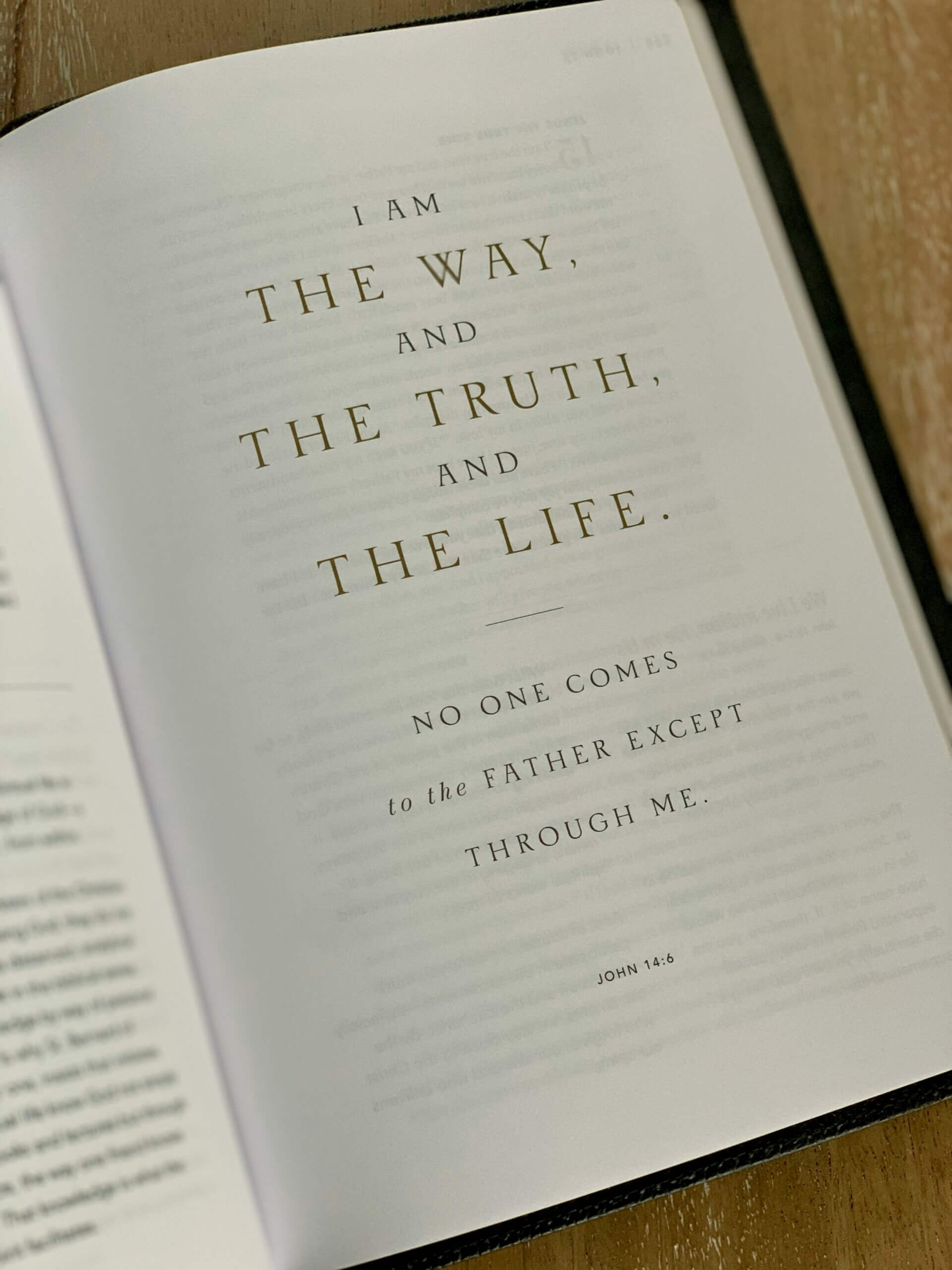The Carthusians—founded by St. Bruno in the 11th century—are one of the Church’s most mysterious orders.
Hidden behind the walls of ultra-secluded monasteries, these religious live a solitary life reminiscent of the early Desert Fathers. Like stars in the daytime, we never see or hear them, but we know they’re out there, somewhere.
Headquartered at their original location in the Valley of Chartreuse, France, the Carthusians exist in just 21 houses throughout the world, only one of which is in the United States.
Like other cloistered religious, the Carthusians live a life focused on prayer and contemplation, as distinguished from active orders that have a special job in the world (such as caring for the sick or missionary work).
But what makes Carthusians unique is their particular charism of solitude. They speak of three levels of this solitude: 1) separation from the world—achieved by the enclosure of the monastery; 2) keeping of the cell—where a monk spends most of his time; and 3) interior solitude or solitude of the heart—the ultimate goal of the external means of solitude.
So what’s it like to live this solitary life?
The cloister monk’s daily schedule includes Mass in common (and another private Mass if he is a priest), the Divine Office (some of which he says alone, some in common), study, reading of the Scriptures, manual work, a bit of recreation, and of course, contemplative prayer.
His work can be gardening, icon-painting, carpentry, etc., all done within his own cell (which includes a little cottage with a garden and space to work). He eats alone, just one main meal at midday and a light supper at night. Bread and water is normally his only fare on Fridays, and he never eats meat.
Sundays and solemnities allow for more communal time: almost all church services are in common, and the monks enjoy a meal and recreation together.
As you can see, the cell is really the heart of a Carthusian’s life. For us it might seem like a prison cell, but for him, it’s a little piece of Paradise. He loves to be in this place, where he can be alone with God, Who is the entire focus of his life and the Love of his soul. It is here that he cultivates the interior silence that unites him to God. As the Carthusians themselves say, “Our vocation is union with God,” and it is in the solitude of the cell that he is able to live this vocation to the fullest.
Few of us are called to be consecrated Carthusians, but their spirit of silence is something we should all strive for. The Doors of Silence: Profound and Brief Meditations By an Anonymous Carthusian Monk shows us how these monks approach challenges to silence such as disordinate attachments, interior noise, and painful memories. These are lessons we can all apply according to our own state in life. Discover your inner Carthusian—pick up your copy today!












